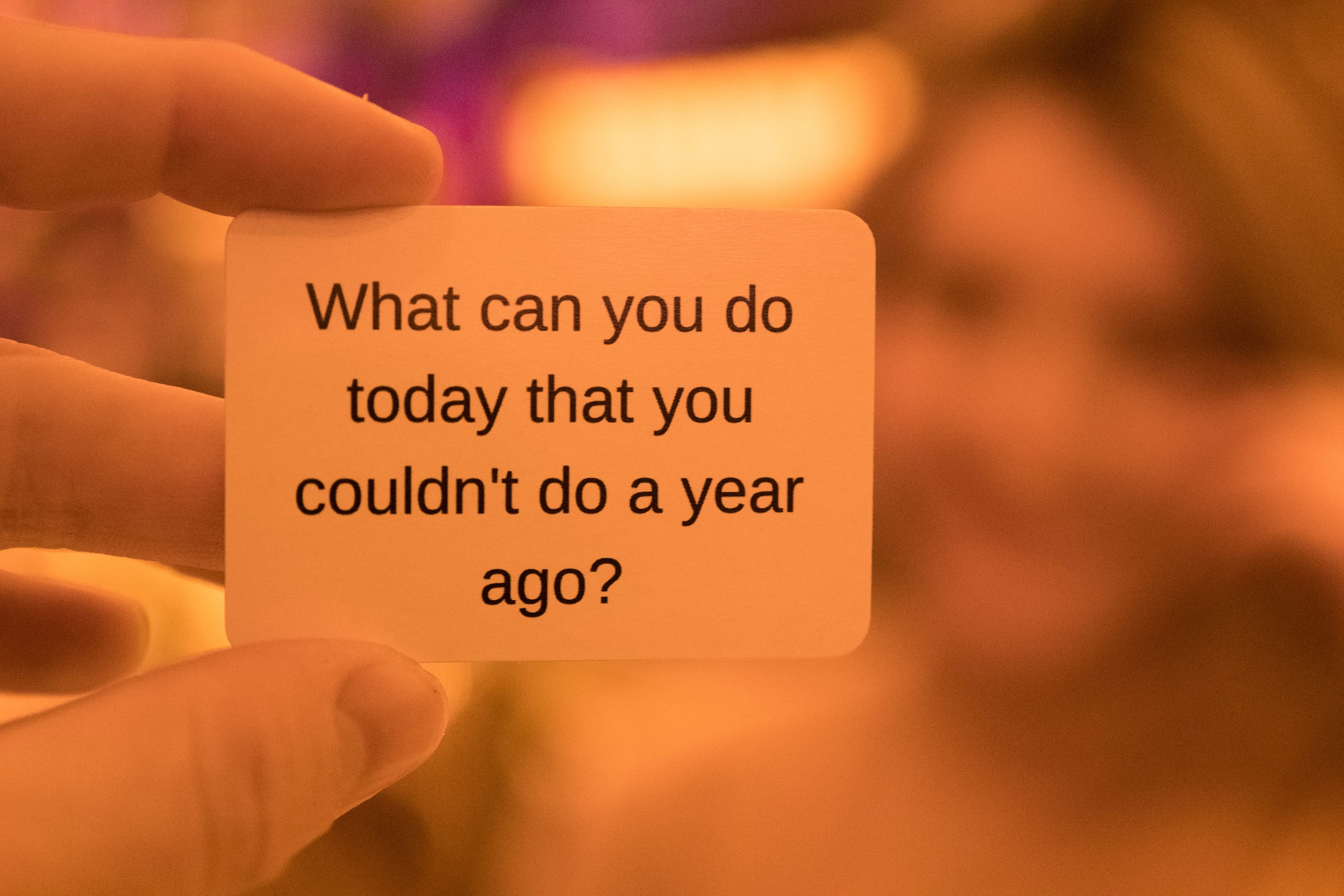A growth mindset describes a person’s way of thinking - how they view challenges and how they believe their talents can be improved over time. People with a growth mindset believe that failures and setbacks are part of the learning process, and that with hard work their skills will improve. People with the opposite belief have a fixed mindset. They are results focused, see failures as weakness, and often have less patience when it comes to learning new things which can lead to anxiety and frustration. In chess, for example, someone with a growth mindset may concentrate on improving their technique, whereas someone with a fixed mindset may be more focused on winning as many games as possible.
Having a growth mindset can have some serious benefits. This type of mindset helps people stay motivated, recover quicker from failures and setbacks, and helps individuals dedicate their time to personal growth – turning “I can’t do this” into “I can’t do this YET.” A growth mindset helps individuals see greater success, even if it comes at a slower rate.
Koby Bryant was a huge advocate for having a growth mindset. In his book The Mamba Mentality: How I Play he stated “The mindset isn’t about seeking a result — it’s more about the process of getting to that result. It’s about the journey and the approach. It’s a way of life. I do think that it’s important, in all endeavors, to have that mentality.” Bryant was also quoted in an interview stating “The results don’t really matter, it’s the figuring it out that matters.”
So how can someone maintain a growth-mindset?
1. Acknowledge that you aren’t perfect
Instead remind yourself that you are able to improve and grow over time and with hard work.
2. Maintain a commitment to hard work and excellence
Remember your goals and stay focused on achieving them. Work hard, study, practice, and don’t become complacent. Surround yourself with people who help you achieve your goals.
3. Always be willing to learn
Appreciate the talents of others, and ask questions about the things you want to know more about. Pay attention to the small details of how other talented individuals do things and use what you learn.
4. Treat every day as a competition with yourself
Remember that every day is an opportunity to be better than you were the day before. Set achievable goals for yourself and track your progress, sometimes it’s hard to see how much we grow when we don’t track our improvement little by little.
5. Embrace failure and learn from defeat
Believe in yourself, and quit dwelling on mistakes. Reframe failures as learning opportunities - focusing on what you can learn from the setback, and making a plan for what you want to do differently in the future.

